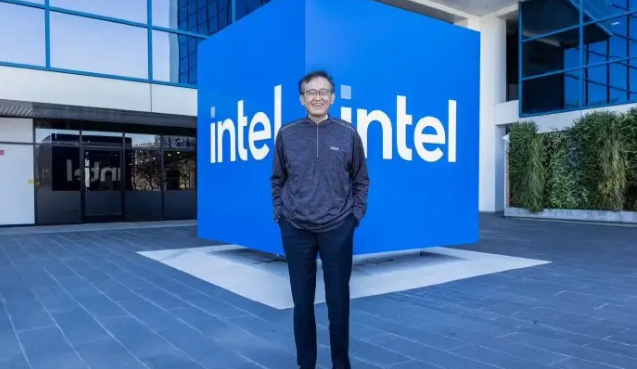On August 7th, US President Trump posted on Truth Social, calling on Intel CEO Lip-Bu Tan to resign immediately.

Lip-Bu Tan has been Intel CEO for less than six months. On July 24th, local time, alongside the release of its second-quarter 2025 earnings report, Lip-Bu Tan announced in an internal letter to all employees that the company was implementing large-scale layoffs, planning to reduce its total workforce from approximately 109,800 to 75,000 by the end of the year, a reduction of approximately 15% from its current headcount.

Intel subsequently issued a statement stating its commitment to advancing U.S. national and economic security.
In the statement, Intel stated that the company, its board of directors, and CEO Lip-Bu Tan are committed to advancing U.S. national and economic security interests and are making investments consistent with the President's "America First" agenda. "We look forward to continued collaboration with the administration," Intel said, adding that it has been manufacturing in the United States for 56 years. The company will continue to invest billions of dollars in domestic semiconductor R&D and manufacturing, including building a new wafer fab in Arizona.
Notably, sources familiar with the matter said that before Trump's unexpected intervention, Intel CEO Lip-Bu Tan and some board members had already been at odds over core strategic issues, including whether the company should continue with or exit the foundry business. Lip-Bu Tan's plans to raise new funds and acquire an artificial intelligence company were also blocked by some board members.
Lip-Bu Tan and board chairman Frank Yeary disagreed over whether the company should continue or exit the foundry business. The chip manufacturing division, which accounted for approximately one-third of Intel's revenue last year, has been operating at a loss.
Frank Yeary pushed for Intel to completely exit the foundry business, while Lip-Bu Tan believed that the foundry business was a key component of Intel's success and a safeguard against US dependence on overseas semiconductor companies.




